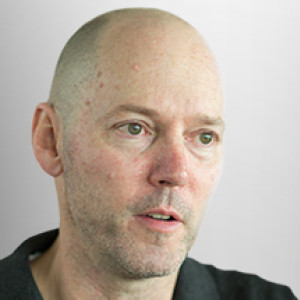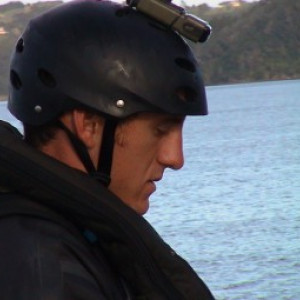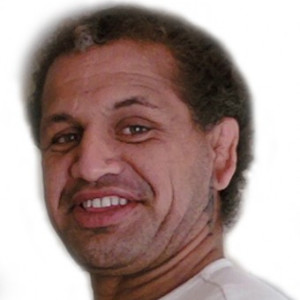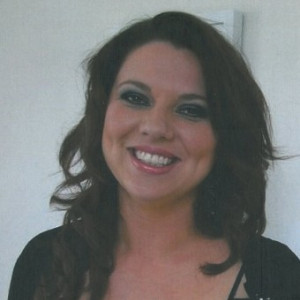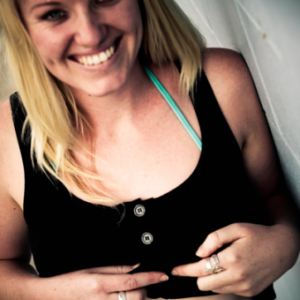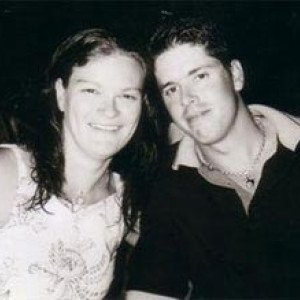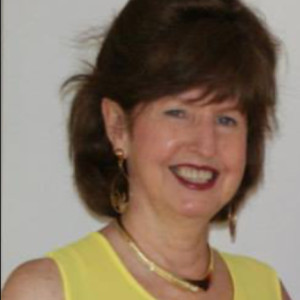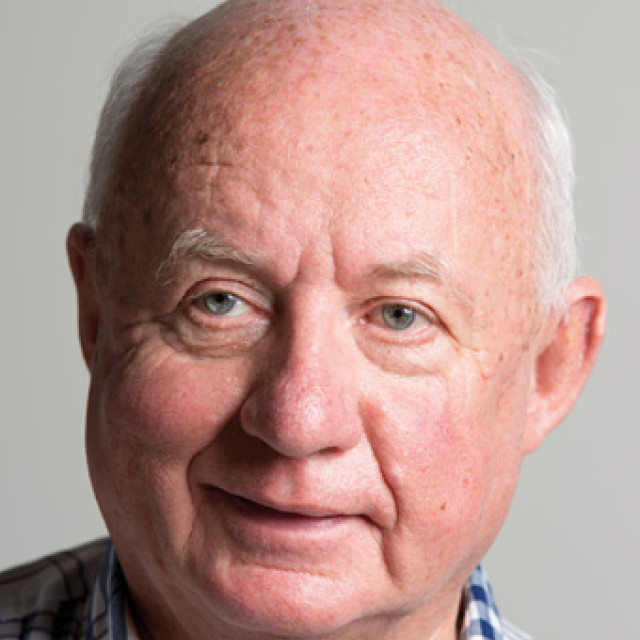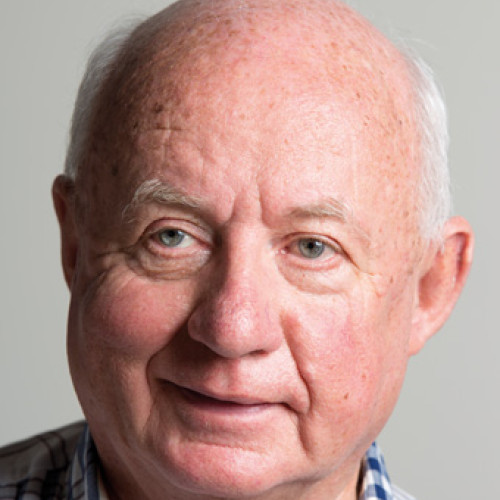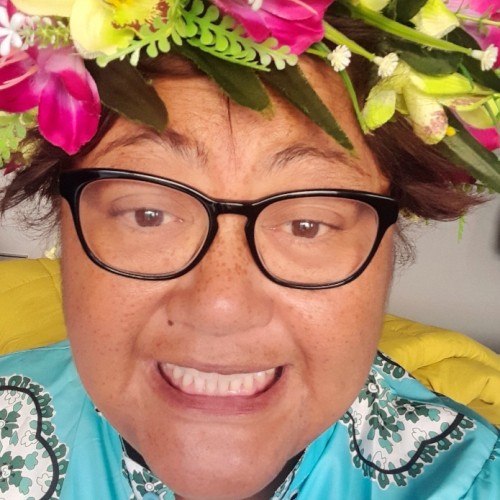A sudden passing
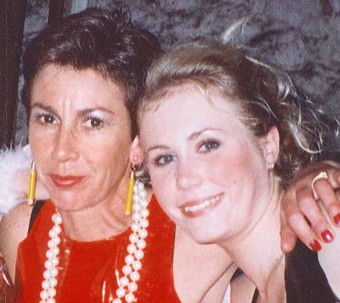
Amy shares her story about her mother Susan who was an organ donor.
“The paramedics are here and they’re trying to revive your mother. I think she’s had a heart attack.”
How could this be? Mum was only 44 years old. She’s fit and reasonably healthy besides from being a smoker. Why is this happening?
My mother, Susan Jane Milne, was a born and bred Southlander who enjoyed tramping, sewing, socialising with friends and relaxing with a good glass of wine. She was too young to die.
I was 20-years-old and had just moved to Christchurch to start my studies at The New Zealand Broadcasting School. It was one of the most exciting times in my life. I had finally moved out my home town in Invercargill (albeit to my aunt’s house) and I had a brand new life ahead of me with fantastic opportunities and possibilities.
However early in 2002, it all changed. I was only five weeks into my course and the phone woke me just as I was about to go to sleep. I could hear my aunty answer the phone and for some reason I felt a strong impulse to get out of my bed and pick up the receiver of the phone I had in my room. The voice down the line was my father. He was very distressed.
I remember putting down the phone in complete shock. I turned around and knelt down by my bed to say a prayer, just like mum made me do every night before I would go to bed when I was a little girl. I prayed hard for God to save Mum but deep down I knew something was very, very wrong.
At about 1am we left Christchurch by road for Invercargill. It was the most horrendous journey home ever. I cried so hard all the way that my jaw hurt from trembling. I hardly spoke during the entire seven hour trip except for when I found the words to say to my aunty, “Mum’s had a brain aneurysm hasn’t she?” I’m not sure where that came from but somehow I just knew.
We arrived in Invercargill about 8.30am. As you come off State Highway One into the city you pass the cemetery–it’s a grim welcoming at the best of times and certainly not the first landmark I wanted to see that day.
As we pulled up the drive way I ran to Dad and put my arms around him and we cried. My sister was also travelling down from Queenstown early that morning and arrived home soon after me. Once she arrived my uncle drove us to the hospital. Mum was in ICU on a ventilator (breathing machine).
I remember going into see her and thinking, “she looks fine, there’s nothing wrong with her. Why have they got all those machines connected to her? It doesn’t make sense.”
I told my sister that she must be fine because when I touched her foot it twitched. I asked for proof of the damage and the doctors showed us the x-ray scans of Mum’s brain and explained what had happened. It was obvious that the damage was significant. The doctors said their tests had also confirmed it was irreversible and that Mum was brain dead.
It was unbelievable. How could life go so quickly from one minute being wonderful to absolutely devastating and to never be quite the same again? I knew people had car accidents, got cancer, or they got sick and died in tragic circumstances, but why my family?
Later that day we were approached by the ICU team about turning off the ventilator and donating mum’s organs. “How could they ask us now? It’s so soon. If we say yes this means that she’s definitely dead and will NEVER wake up.”
It was inconceivable thinking that if we gave the go ahead it would be the last time I would be able to touch my mother’s warm face, or see her chest rise and fall – even if it was a machine making it work.
All these thoughts were racing through my head. What about any children my sister and I had in the future? They would never get to meet their maternal grandmother; our mother would never be part of our weddings if we ever got married; she wouldn’t be there for our 21sts; our children’s birthdays; weddings; babies... The list went on.
All these thoughts were rolling around and around in my head and they still do. But the biggest question at that time that we had to decide on was whether to donate Mum’s organs.
Mum had been a donor on her licence and had also indicated on previous hospital admission forms for treatments she had had earlier in her life that she would donate her organs if she were to die from the procedure. I hadn’t been aware of her wishes.
Also, until that point, I never knew families could veto their loved one’s decision. While I liked to have been given the opportunity as to what we wanted to do, the truth was I could never go against my mother’s wishes.
Mum donated her lungs to a young man in his late teens, her liver to a man in his forties and her kidneys were transplanted to a woman in her twenties and man in his fifties.
My aunties, sister, cousin and I chose to dress mum and prepare her for her coffin ourselves. Some people think that it’s an unusual thing to do. I admit it wasn’t easy seeing the incision that ran from between her breasts to her belly button, but also very empowering as it was like looking at a battle scar of a new generation of warriors. It was also one of the last dignities we could give mum and overall it was a very rewarding and helpful experience dealing with and accepting everything that had happened.
In 2006, four years after mum’s death, I learned after contacting the donor coordinator that two of the recipients had passed away in 2004. I was sad to hear this but reassured they had been given an extra two years to enjoy time with their friends and family that wouldn’t have happened had we not said ‘yes’ that day in 2002.
I also recently learned the other two recipients are alive and well today and this fills me with incredible pride and honour to know it was my family that has played an incredible role in helping to extend their lives. I hope they are doing everything they possibly can to enjoy it and live each moment to the full because life is precious and we must make the most of it.
Expand to read more
